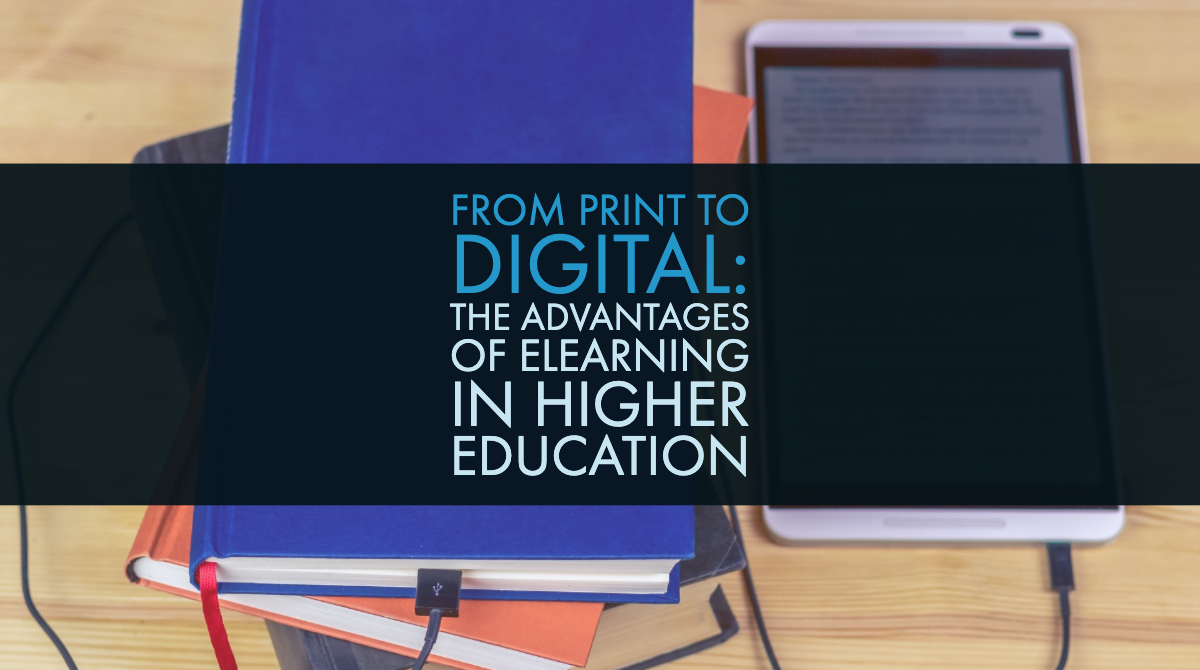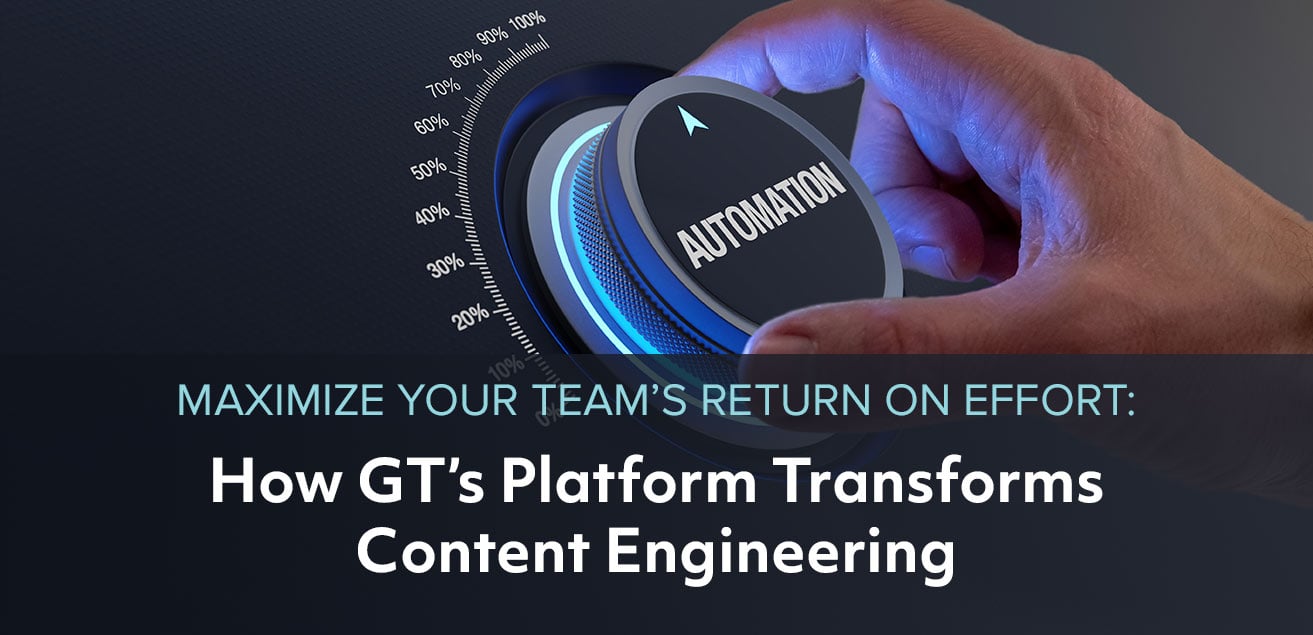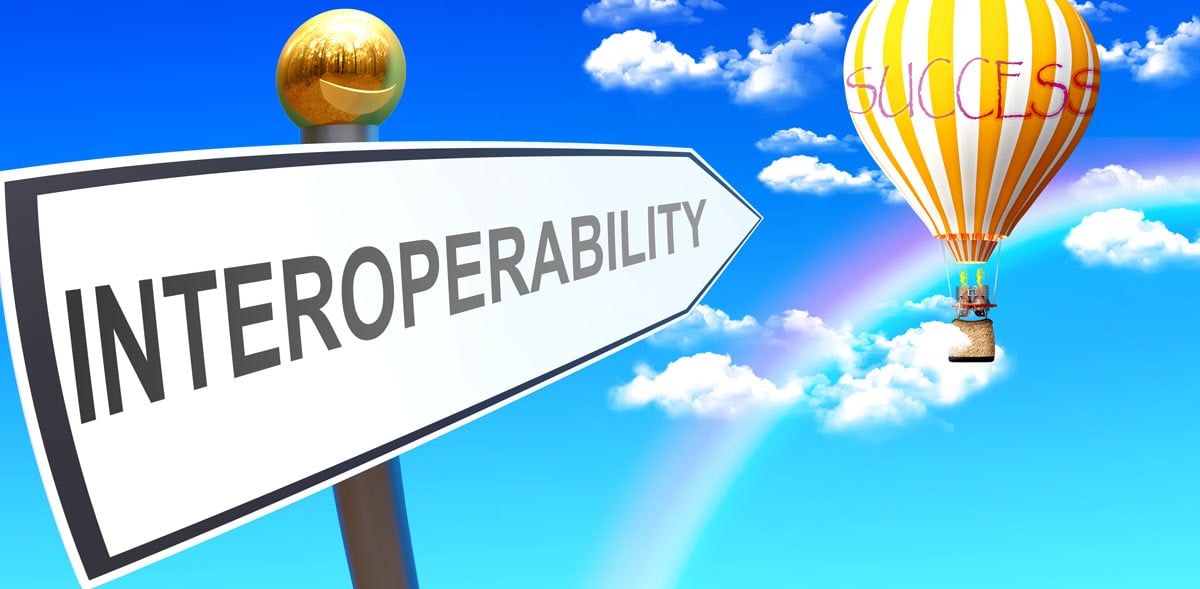Did you know that the college class of 2020 is full of students born in 1999? Meanwhile, the incoming class of college freshmen were born in 2000 or 2001. That means that these current and future college students are part of Generation Z.
Who Are Gen Z?
Generation Z are considered the digital natives. They were essentially born with technology in their hands. So when it comes to their learning opportunities, it’s important to embrace their expertise with technology.
Of course, that isn’t to say that traditional means of learning, such as traditional textbooks, should go out the window. It simply means that you should try to meet these students where they live - in the technological space and on their devices.
How to Teach Gen Z
When it comes to providing students with the written resources they need for their classes, textbooks are still the gold standard. Being able to read a hardcopy, highlight key concepts, and take notes in the margins are a right of passage to any student - and important to the learning process. In fact, it’s been shown that students retain more details when they study from printed text rather than a digital device. One reason is that lengthier text on a screen tends to lose long-term attention.
Digital access, however, is still essential. That’s because this is a generation on the go that uses their phones and other mobile devices as an extension of themselves.
Benefits of Digital Learning
There are a few important advantages to digital learning we want to highlight.
For starters, when you make their reading materials accessible online, students are more likely to consume them at their own leisure - anytime, anywhere.
Digital learning is also flexible in that it can be updated in real-time. This can’t be done with physical textbooks because they can’t be updated until the next printing.
The advent of eLearning gives instructors the opportunity to provide their students with additional materials, resources, and yes - assignments, that can help enrich the learning process in a way that may be more familiar to the learner.
Here’s an example using a History course. The facts of a much-studied subject, like the American Revolution, aren’t going to change anytime soon. Names, dates, and places will remain the same. With digital resources at their fingertips, students can dig deeper into the material than a textbook allows. Perhaps they’ll be able to navigate a map showing them the route Paul Revere took as he rode through Massachusetts with his warning, or take a look inside a colonial home. They’ll also be able to take quizzes on the subject matter, testing their knowledge and ensuring that they’ve retained the key concepts.
In addition, instructors will be able to follow along with their students’ progress without having to literally peer over their shoulders. Sitting in a lecture hall with 300 students can be difficult for an instructor to gauge who’s paying attention or not, let alone get a sense of their individual, group or overall understanding. Especially when everyone is, theoretically, taking notes on their laptop.
Most importantly, digital learning lets you infuse additional materials and resources into a course. Even if the facts are unlikely to change, it’s possible that new information - regardless of the subject matter - will become available to help guide the learning experience. Take our earlier example of the History course - it could be amplified by providing students with access to a recently published scholarly article that dives deeper into part of the subject matter. Or, it can give them a fun bit of additional information that could enrich the class.
Ready to learn more about how Gutenberg Technology can help your institution get on the cutting edge of eLearning?






Leave a comment